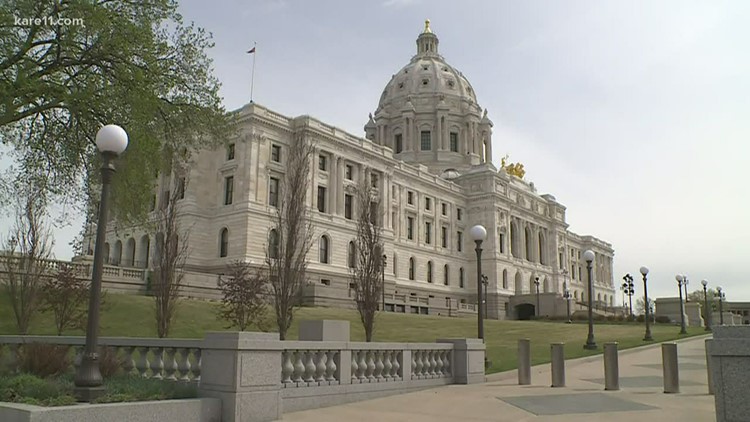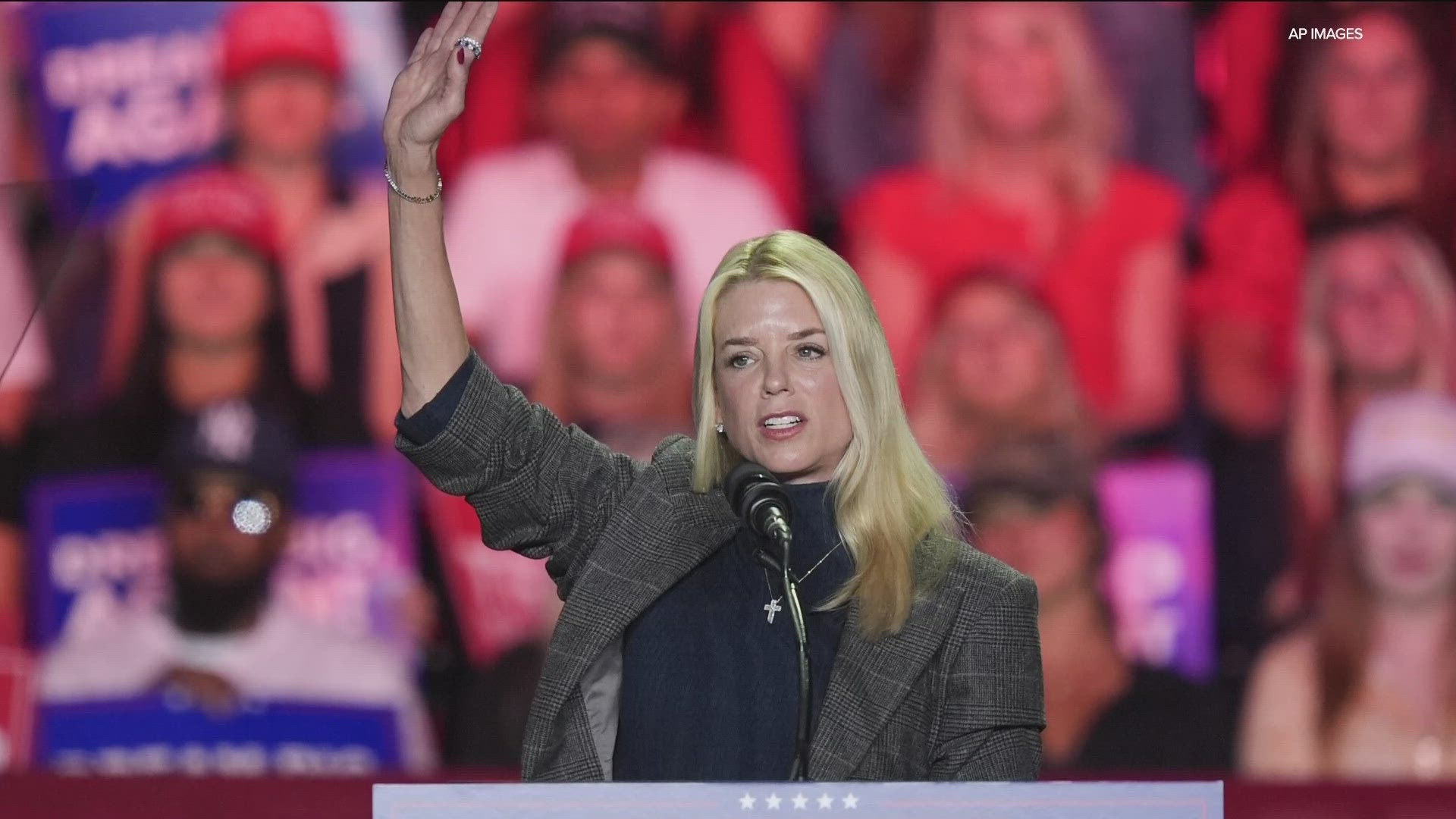ST PAUL, Minn. — A $2 billion bonding measure failed in the DFL-controlled Minnesota House Saturday after Republicans said the bill was too massive to pass while the state was dealing with money woes due to the coronavirus.
The long-mired public construction borrowing bill needed to meet a three-fifths margin required to pass bonding legislation that authorizes long-term debt. The vote was 75-58 in favor, or six votes shy.
Democratic House Speaker Melissa Hortman said in an online press briefing that Republican House Minority Leader Kurt Daudt “kind of hit a new low” by saying it wasn’t a bipartisan bonding bill. Hortman said it was time for him “to lead, follow or get out of the way.”
Hortman later added that “a lot can happen on the last Sunday,” which is the deadline for 2020 session.
Daudt had previously said there wouldn’t be GOP support unless Democratic Gov. Tim Walz ended the state of emergency to deal with COVID-19. But the size of the bill topped the list of complaints on Saturday.
“Bringing a bill to the floor that is between two and three times the biennial average and puts Minnesotans on the hook for debt service we cannot afford is a disservice to Minnesotans,” Daudt said Saturday.
Democrats said the bill is needed to address a backlog of infrastructure projects across the state, and provide jobs and an economic boost. House Majority Leader Ryan Winkler said Saturday he has not seen a willingness by Republicans to cooperate.
Senate Republicans countered Saturday with their own bonding bill, which laid out $998 million in general obligation bonds and $400 million for trunk highway bonds. Senate Majority Leader Paul Gazelka called it a “responsible, generous and targeted bill.”
Walz on Saturday signed 11 bills into law, including measures to raise the age to purchase tobacco to 21 and to make Minnesota the first state to prohibit the use of the toxic and long-lasting chemical trichloroethylene, or TCE.
“At the end of the day, our job is to keep Minnesotans safe,” Walz said in a statement. “These strong bipartisan measures will improve public health and reduce preventable health risks. Raising the age to buy tobacco to 21 will help stop addiction before it starts and save young lives.”



